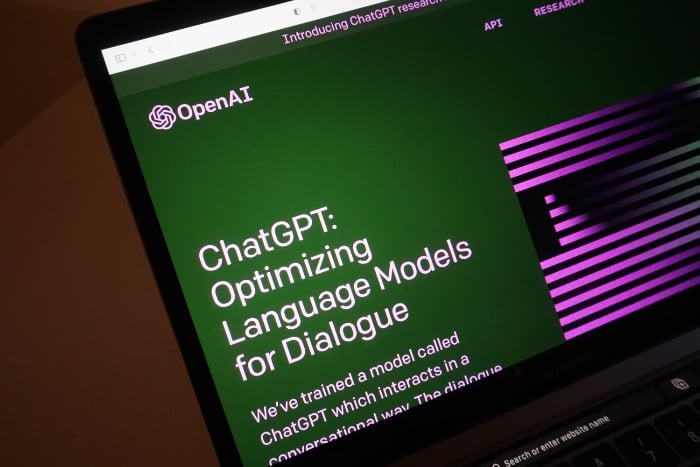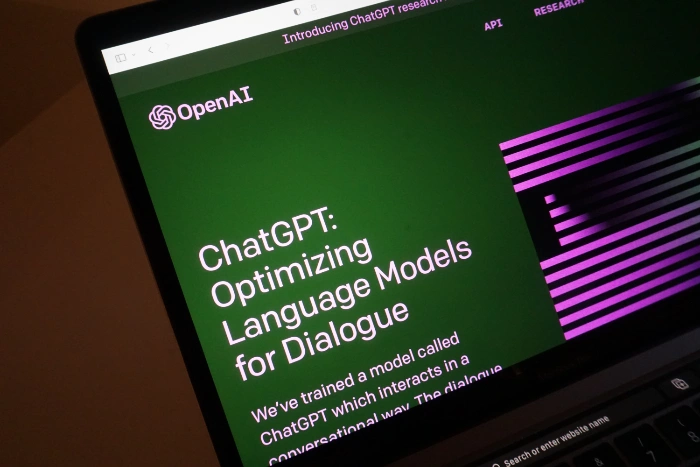This guide will show you a ChatGPT prompt formula that is designed to help you get the most out of ChatGPT. In the rapidly changing and increasingly sophisticated world of conversational artificial intelligence, the caliber of the user experience is often directly correlated with the quality of the prompts that you input into the system.
A newly released video that delves into the intricacies of ChatGPT’s capabilities has illuminated this vital facet of AI interaction. The video introduces a robust and well-thought-out model specifically designed for the creation of effective and targeted prompts. Known as the CEDO Process, this innovative framework has the potential to serve as the ultimate formula for generating ChatGPT prompts that consistently produce outputs of exceptional quality.
The Importance of Prompt Engineering
Before diving into the CEDO model, it’s essential to understand the foundational principle that “garbage in, garbage out” applies to conversational AI as much as it does to any data-driven system. The video emphasizes that the quality of the prompt you provide will directly impact the quality of the output. This is where the CEDO Process comes into play, serving as a guide to elevate your prompts from mere questions to well-crafted queries that elicit insightful and relevant responses.
Unpacking the CEDO Process
The CEDO model stands for Context, Expert Persona, Task, and Output. Each component serves a specific purpose in crafting a prompt that will guide the AI to generate the most effective and targeted response.
Context
This is where you explain why you’re asking for something. Providing context can include details like the target audience or specific metrics you’re interested in. For instance, if you’re a marketer looking to understand consumer behavior, your context could be “for a report on Gen Z shopping habits.”
Expert Persona
Here, you specify the role or expertise level you want the AI to assume. This could range from a casual tone to a professional or academic one. For example, you might ask Jet GPT to assume the persona of a financial analyst when inquiring about stock market trends.
Task
This part clearly states what you want the AI to do. Whether it’s generating a poem, summarizing a research paper, or creating a content plan, being explicit about the task ensures that the AI understands your request.
Output
Finally, you specify how you want the information presented. This could involve setting parameters for length, format, or even the style of the output. For example, you might request a summary in bullet-point form or a detailed essay.
The Power of Follow-Up Prompts
The video also discusses the importance of follow-up prompts. These are context-aware queries that build upon the initial conversation, helping to refine and focus the output. For instance, if your initial prompt was about generating a content plan, a follow-up could be, “Can you break down the plan into weekly tasks?”
Iterative Process for Continuous Improvement
Prompt crafting is not a one-off task but an iterative process. The video suggests a method of answering questions and making adjustments to improve the prompt’s effectiveness over time. This iterative approach ensures that you’re continually refining your prompts for better results.
Practical Examples and Meta-Prompts
Throughout the video, practical examples such as writing a LinkedIn post or generating a content plan for a blog are used to demonstrate each concept. Towards the end, the video introduces a fascinating concept: the “prompt generating prompt.” This is a meta-prompt designed to help create a highly tailored prompt for specific needs, adding another layer of customization to the process.
Summary
The CEDO Process, along with the strategies for follow-up and iterative improvement, offers a comprehensive guide for crafting effective ChatGPT prompts. As conversational AI continues to advance, understanding and applying these principles could be the key to unlocking its full potential. Could this be the perfect ChatGPT prompt formula? The evidence certainly points in that direction. We hope that you find this guide helpful and informative, please leave a comment below and let us know.
Image Credit: Rolf van Root
Filed Under: Guides
Latest timeswonderful Deals
Disclosure: Some of our articles include affiliate links. If you buy something through one of these links, timeswonderful may earn an affiliate commission. Learn about our Disclosure Policy.


